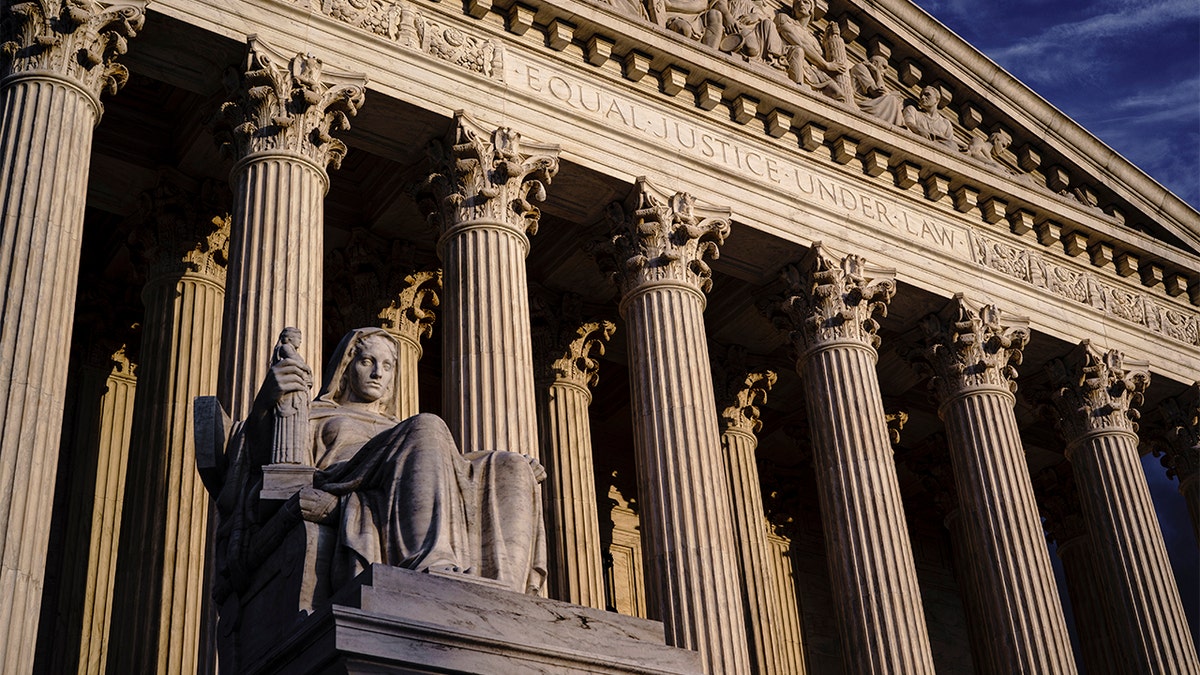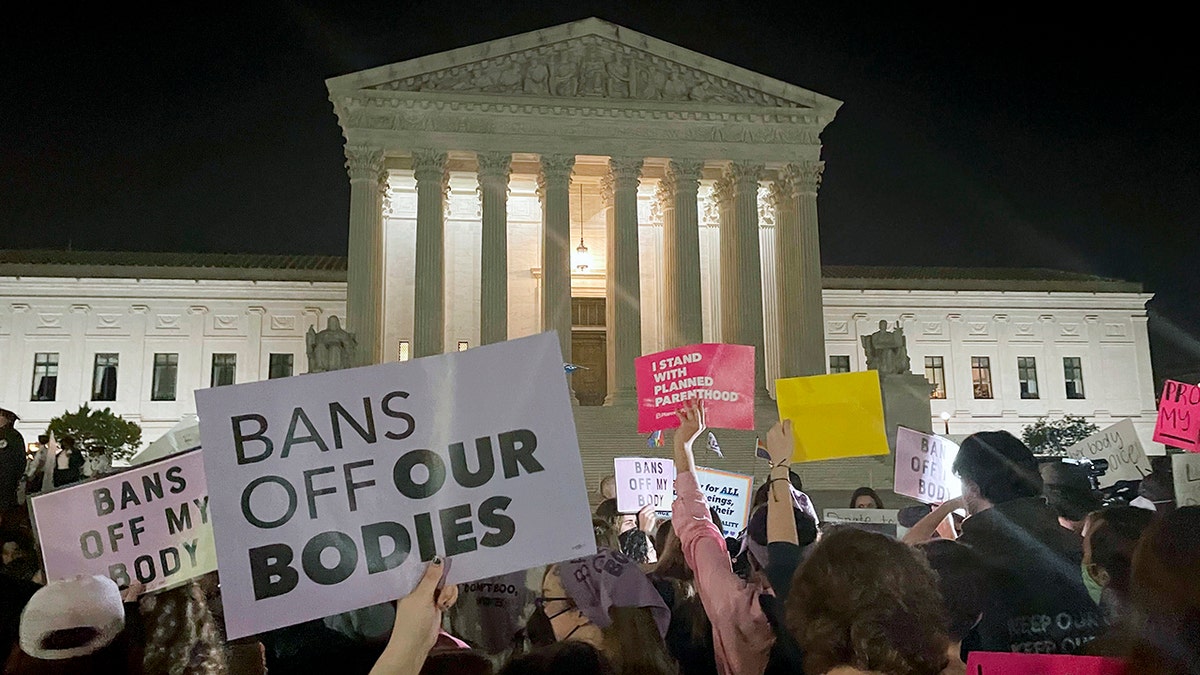Shannon Bream on leaked SCOTUS opinion in abortion case
'Fox News @ Night' anchor Shannon Bream on what the Supreme Court draft opinion leak could mean for abortion in the United States.
Unless and until proven otherwise, we must assume that the outrageous leak of a draft Supreme Court opinion in the Mississippi abortion case, Dobbs v. Jackson Women’s Health, is an attempt to intimidate the justices by inciting the radical left. It must be investigated by the FBI as a potential crime.
The Court’s longstanding norms and protocols impose a duty of confidentiality on the justices, their clerks and staff, and the contractors who support the Court’s work. Obviously, norms and protocols, unless they are codified as statutes, or at least accepted as contractual obligations, stand in tension with free speech principles. They are thus difficult to enforce.
There is, however, more at issue here than tradition and standards, important as those are. The justices are judicial officers of the United States. Their clerks and staff are government employees.
SUPREME COURT SET TO OVERTURN ROE V. WADE, LEAKED DRAFT OPINION SHOWS: REPORT
The draft opinions circulated among the justices’ chambers are government records. They belong to the United States. They are not the personal property of the officials who generate them, and those officials are thus not free to convert them to their own use or disseminate them without authorization outside the Court’s established procedures.
Federal penal law makes it a crime for anyone, including government employees, to embezzle government records or otherwise convert such records to the person’s own use. Whether the embezzlement at issue is treated as a serious felony carrying a potential prison sentence of up to ten years’, or a less serious crime with potential exposure of up to a year’s incarceration, depends on whether the value of the government property at issue exceeds $1,000.
Here, the theft patently exceeds that nominal amount. What has been stolen is not just a document but a vital process in which the entire country has a stake. Regardless of valuation, however, the Justice Department and the FBI plainly have jurisdiction to conduct a criminal investigation.

The Supreme Court building in Washington, D.C. (AP Photo/J. Scott Applewhite, File) (AP Photo/J. Scott Applewhite, File)
Moreover, as I have recently detailed in the context of special counsel John Durham’s Russiagate probe, federal jurisprudence has liberally construed the crime of conspiracy to defraud the United States. The Supreme Court has long held that the statute targets not only schemes to cheat the government out of money or property, but also conspiracies "to interfere with or obstruct one of its lawful governmental functions by deceit, craft or trickery, or at least by means that are dishonest."
ROE V WADE SUPREME COURT OPINION LEAK IS HISTORIC ACT OF JUDICIAL DESTRUCTION
The leaking of a draft opinion to which a government employee had privileged access – a leak that was carried out with the intention of intimidating justices and thus influencing their ultimate disposition of the case (which is not an official court ruling until it is formally issued as such) – is patently an obstruction of the Court’s lawful functions. A violation of the fraud conspiracy statute is punishable by up to five years’ imprisonment.
CLICK HERE TO GET THE OPINION NEWSLETTER
Moreover, as a plainly corrupt effort to influence a judicial proceeding, the leak could amount to obstruction of justice, regardless of whether it involved two or more people engaged in a scheme (as conspiracy requires). Obstruction is a felony punishable by up to 20 years’ imprisonment.

A crowd of people gather outside the Supreme Court, Monday night, May 2, 2022 in Washington following reports of a leaked draft opinion by the court overturning Roe v. Wade. (AP Photo/Anna Johnson)
There is always a need for sensitivity when a branch of government investigates misconduct originating in one of its peer branches. Judiciary personnel are rarely investigative subjects; the leak of a draft Court opinion, particularly in a case of such magnitude, is unprecedented. But it is a commonplace for each of the legislative and executive branches to inquire into suspected misconduct in the other; when that happens, each must investigate mindful of the coordinate branch’s independence and constitutional responsibilities.
The same must be true for a Justice Department or congressional investigation of the Court leak. It is vital to the Court as an institution, and to the integrity of its proceedings, that the leak be investigated and the culprit(s) be held accountable. At the same time, the investigation must respect constitutional boundaries and avoid interfering unduly in the Court’s work. It should not be difficult to draw that balance.
CLICK HERE TO GET THE FOX NEWS APP
The task would be made easier if the justices recognize their interest in a vigorous investigation and in holding any wrongdoers accountable.
We always knew there would be deep disagreements within the Court about the abortion case and the sustainability of Roe v. Wade – the thoroughgoing flaws of which have been recognized even by scholars who approve of the policy outcome. The justices, however, should be unanimous and emphatic about the imperative of investigating the leak. The Court’s capacity to perform its vital constitutional role demands nothing less.


